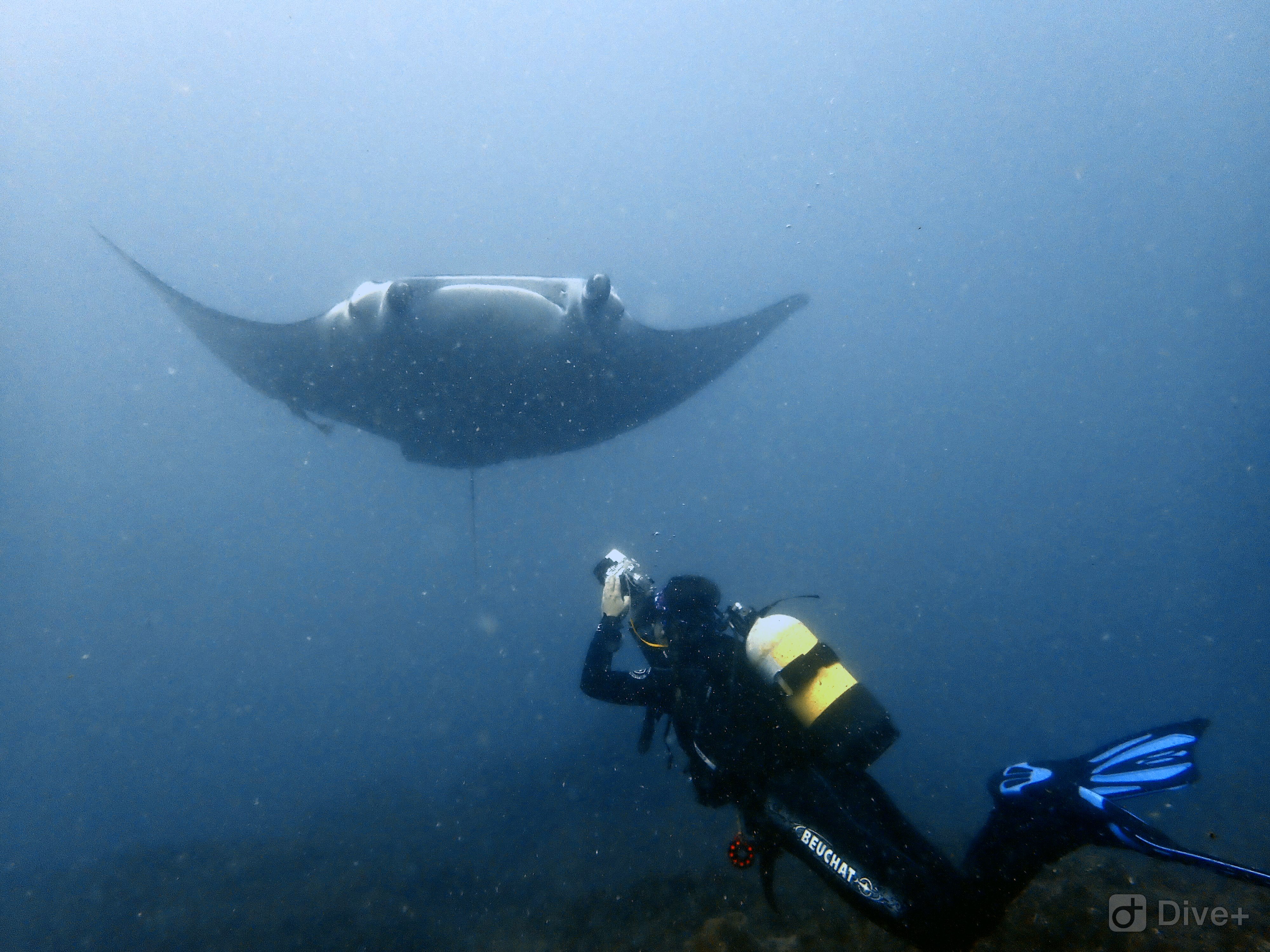
Interview: Marine Action Research Director, Nakia Cullain
Posted by Esther Jacobs on September 30, 2019
Nakia Cullain heads up MAR (Marine Action Research), a small conservation organisation, which she founded in 2016, after taking over direction of the Zavora Marine Lab in Mozambique. For 10 years, the lab have been researching the movements and abundance of marine animals in the area, while working alongside the local community, to create awareness and protection of Zavora Bay. Their mission is to conserve the marine biodiversity of Southern Mozambique, and secure a sustainable future for local communities through research, diving, and ocean education.
You have spent time with Oceans Research in the past, and several months in Mossel Bay. Having spent almost four years in Mozambique, how do the two places compare in terms of conservation efforts?
My goal for Mozambique, would be to one day have the same effort and capacity for marine conservation, as Mossel Bay. Unfortunately, Mozambique is very far behind South Africa in terms of marine protection and governance, but it is what motivates me to continue working so hard in this country. Mozambique has an extremely large coastline (about the same size as South Africa), but compared to South Africa, has little to no protection. For instance, South Africa has 71 MPAs, and Mozambique has only five MPAs. While there are a few marine conservation organisations working in Mozambique, it is very small scale. It can be difficult for us to work with the government and with the local people, who having been fishing and using gill nets for generations, and depend on these resources for their livelihood.
Have you found that your work has moved more into conservation, having seen a gap with efforts locally?
Absolutely. We are very research focused, but I think this is the base of knowledge that is needed to make any conservation strategy work. Research, however, can take a long time to answer questions, so we have definitely tried to add more direct conservation work alongside our research questions. These include workshops with the local fishermen, beach clean ups with the local children, and ocean education with the entire community via documentaries, swimming lessons, and snorkel trips. We need to create awareness of the problems in our oceans before we can move forward with any type of change.
What are the main three problems, in terms of conservation of sharks, in Mozambique?
I believe the main three problems are:
- the Chinese fishing fleets (we have no control over what they are catching)
- shark finning (we know that the Chinese have approached our local fishermen about selling fins)
- gill nets (although small scale, they can be very destructive).
Are you finding your efforts are met with good response by the government and local villages, and a willingness to change?
I do believe that, in the past four years I have worked in Mozambique, there is definitely progress being made. Although challenging, the local community is beginning to understand the impacts of destructive fishing and what it can do to the environment and their fish stocks. They are open and willing to work together, and work with my organisation, so that we can all have a sustainable ocean in the future. The government has been a bit more difficult, but I believe this is because of where we are located. Zavora is a remote fishing village, and it is very difficult to properly enforce and regulate in this area, since it is so difficult to access. I do feel positive, however, about the future of Mozambique and its marine resources.
How do you see the recent news on partnerships between the Mozambique government and the Chinese, for fishing rights in Mozambique, impacting subsistence fishers and their villages?
I think the Chinese fishing fleets are going to severely impact subsistence fishers, as well as the marine environment. The oceans are already in a critical state of being overexploited, and now one of the last frontiers (Mozambique), which has an incredible amount of biodiversity, is going to be heavily fished, unregulated, with no enforcement. I have already seen trawlers fishing outside their legal limits, and it frustrates both me and the local fishermen. The local people believe that their catch has gone down, and their fish have got smaller, because of these larger fishing fleets. They are aware of the problem, but have to sit helpless on the sidelines.